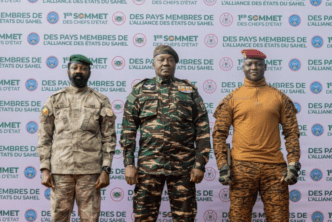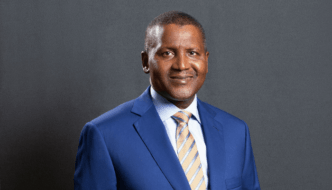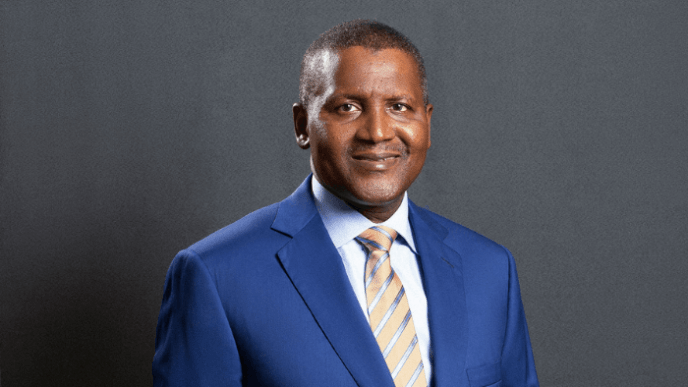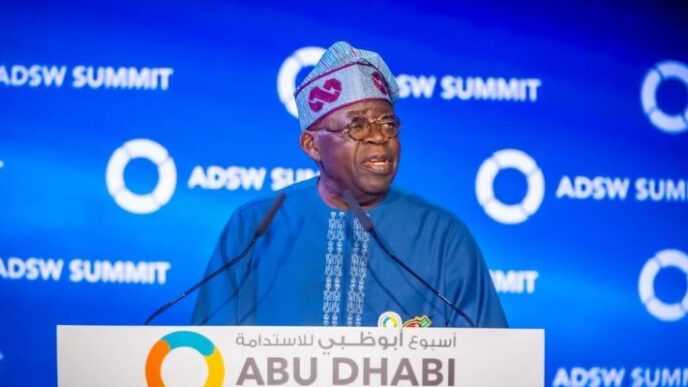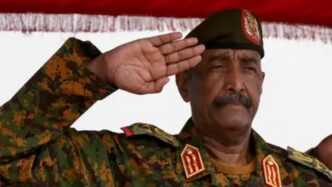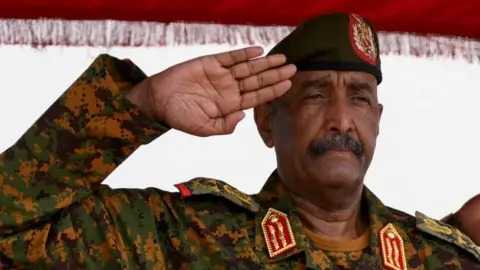Perhaps the clashes between civilian prime ministers and military junta leaders in the Sahel could be seen as highlighting the potential instability of military-led governments in a region where terror attacks are on the rise.
Recent developments in Burkina Faso and Mali offer examples of such tensions, raising questions about how these leadership dynamics influence governance and security.
Could Leadership Changes in Burkina Faso Signal Governance Challenges?
In early December 2024, Burkina Faso’s military leader, Capt. Ibrahim Traoré, dismissed Prime Minister Apollinaire Kelem de Tambela, whom he had appointed two years earlier, and dissolved the government.
While no official reason was provided, observers speculate that the decision might reflect internal disagreements or differing views on managing the country’s ongoing transition.
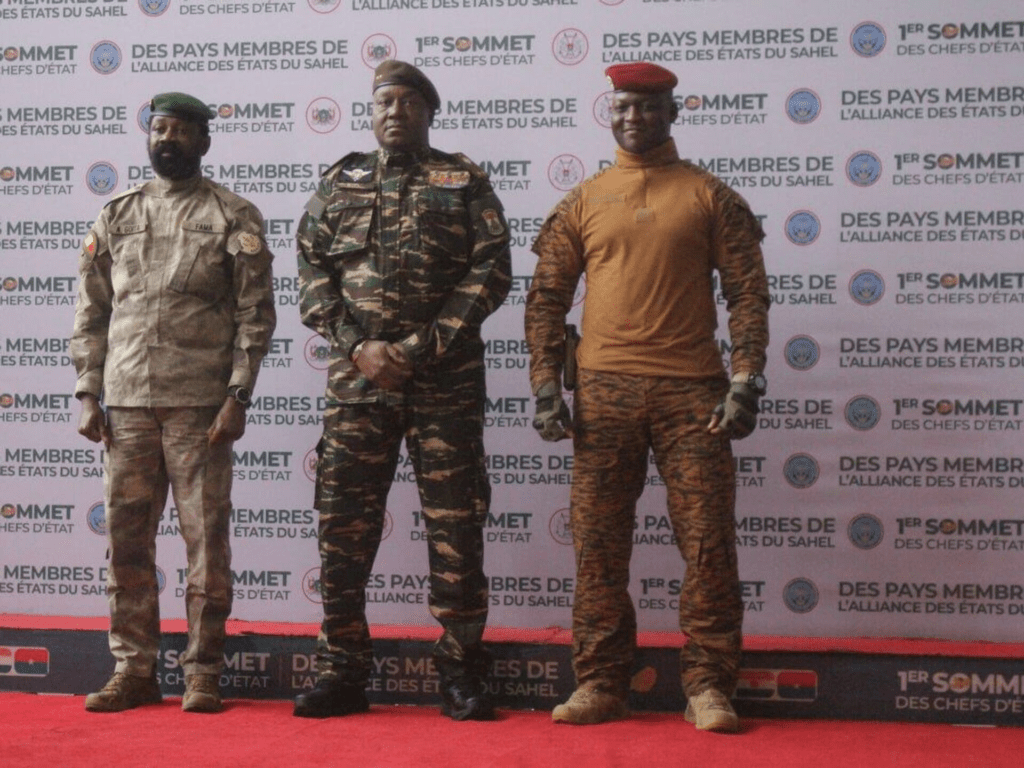
The reshuffling led to the appointment of Rimtalba Jean Emmanuel Ouédraogo, a close ally of Traoré, as the new prime minister. Some analysts wonder if this change will address Burkina Faso’s pressing security concerns, given that extremist violence has claimed over 13,500 lives since the military took power in 2022.
Are Similar Patterns Emerging in Mali?
Mali has also experienced shifts in its leadership. In November 2024, the junta replaced civilian Prime Minister Choguel Maïga with Gen. Abdoulaye Maïga. Choguel Maïga had voiced concerns about extended military rule, cautioning that indefinite delays in elections could create challenges for the country’s stability.
These changes raise questions about how military-led governments manage civilian partnerships and whether such dynamics may impact the broader governance landscape in the Sahel.
Balancing Military Agendas and Civilian Expectations
Some experts suggest that tensions between military and civilian officials could stem from differing priorities. Military leaders often argue that security concerns justify delaying elections, while civilian officials may advocate for a quicker return to constitutional governance.
Dr. Olayinka Ajala, a Sahel governance expert, has noted that civilian officials within military governments might push for accountability, which could be challenging for junta leaders who seem focused on consolidating their authority.

Public Perception of Military Rule
Public support for military governance appears to vary, with some citizens viewing the juntas as a necessary response to security threats and frustrations with previous political regimes.
However, it remains unclear whether this sentiment will endure if election delays continue or security concerns escalate.
Addressing Security Challenges in the Sahel
The rising insecurity in the Sahel suggests that military-led strategies may need to evolve. Reports indicate that violence in the region has intensified, with over 11,000 people killed in 2024—a stark increase compared to previous years. Allegations of military abuses and extrajudicial actions further complicate the situation.
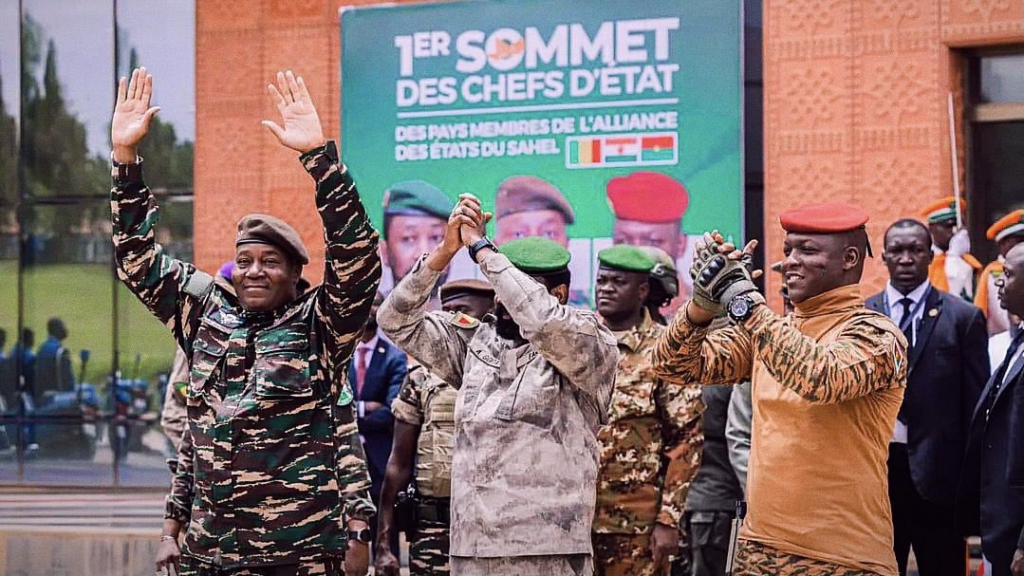
Many experts believe that a broader approach, addressing underlying socioeconomic factors such as poverty and unemployment, might be essential for long-term stability. Dr. Ajala suggests that without addressing these root causes, even significant military successes could prove temporary.
What Lies Ahead for Burkina Faso and Mali?
Recent leadership changes in Burkina Faso and Mali leave open-ended questions about the future of governance in the Sahel. Will these adjustments help stabilize the region, or do they point to deeper systemic challenges within military-led governments?
The answer may depend on how well these nations balance security, governance, and public expectations.
Read More:
